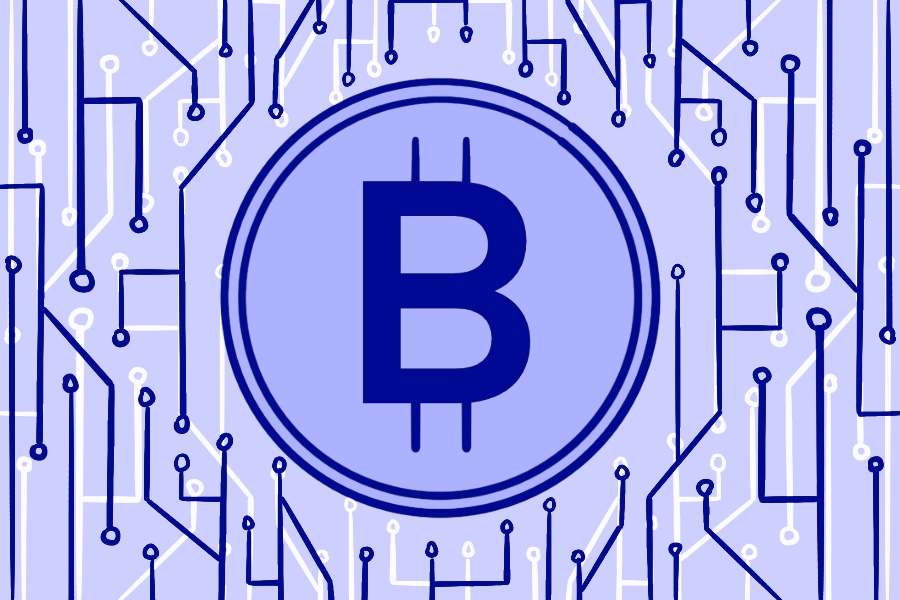Northwestern faculty and students educate their peers about blockchain and cryptocurrency
As cryptocurrencies become more prevalent, Northwestern faculty and students are educating their peers about blockchain technology.
February 14, 2022
With the rising popularity of blockchain and cryptocurrency, Northwestern faculty and students have started their own initiatives to educate their peers about the global phenomenon.
McCormick Prof. Dongning Guo said cryptocurrencies are becoming increasingly prevalent in everyday transactions. Crypto like Dogecoin and Bitcoin can be used to purchase various goods produced by companies like AT&T and Starbucks, according to a NASDAQ report.
In 2009, Satoshi Nakamoto, the pen name for the anonymous creators of Bitcoin, created a new way to conduct transactions between parties without the need for a middleman. Cryptocurrencies, such as Ethereum and Cardano, utilize separate blockchains without the need for a central authority. Coins exchanged from one party to another are recorded on a blockchain, essentially a record of transactions. Blocks, collections of transactions, make up the blockchain and continue to be created as transactions occur.
Guo said cryptocurrency assets are currently worth between two and three trillion U.S. dollars and continue to climb annually.
“It’s real,” Guo said. “It’s an experiment socially and economically and a major experiment that in a way democratizes the financial system.”
Guo teaches the electrical and computer engineering class Fundamentals of Blockchains and Decentralization, which deals with the technology required for decentralized blockchain applications like Bitcoin.
The class started in 2021 to give students a greater understanding of how the blockchain operates. His class mainly focuses on the technological aspects of the blockchain, rather than the economic ones.
Guo believes Blockchain technology will continue to grow as it gives more power to the “little guy.”
“That’s where students can come to learn but that’s more about the fundamentals to the technology that makes the systems possible,” Guo said.
Guo’s research focuses on permissionless systems, where individuals join a lottery to try writing for a blockchain ledger. He said he is interested in how anonymity affects the security of the blockchain, and said these systems are more trustworthy and help to ensure new blocks can be created without conflict.
NU Blockchain Group, a student organization, has set out to engage with students about the utilization of blockchains through educational sessions, research groups and project groups. Club members can partner with local businesses and help them implement blockchain technologies.
According to McCormick sophomore Mingze Yan, the marketing chair of the NU Blockchain Group, blockchains will “definitely have more applications in the future.”
There is also a misconception that Bitcoin and other currencies are the only use of blockchain, said McCormick junior Tony Luo, NU Blockchain Group’s president.
“The blockchain can do so much more. Those financial (tools) living on the blockchain are only part of the ecosystem,” Luo said.
Email: [email protected]
Twitter: @jonahelkowitz
Related Stories:
— Blockchain startup headed by Northwestern and Cornell professors exceeds $10 million in investments
— Northwestern ends FY 2021 with more than $16 billion in net assets


